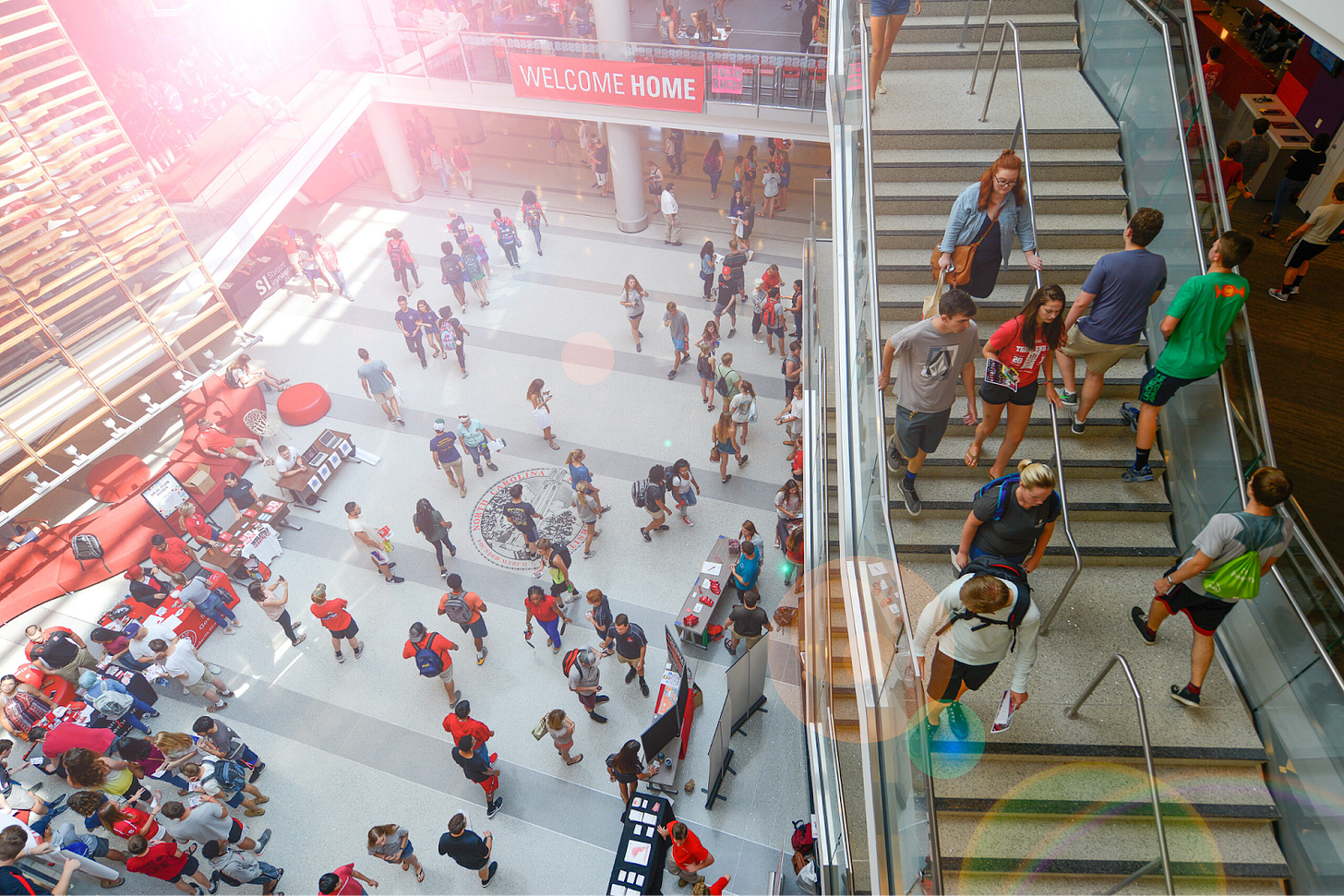Back to School, Back to Building Cities
The Triangle trains citybuilders of every kind. We welcome students from across NC and beyond, and we invite you to share this welcome with the students you know.
Every August and September, the Triangle shifts.
Campuses buzz, buses fill, and book bags swing through city streets. Back to school is not just for kids. It is a rhythm that runs through the whole region. Families feel it. Recent graduates feel it. New students feel it most of all.
This is a welcome letter to you students. You are not just returning to class. You are stepping into a region where building cities is not a theory. It is real, local, urgent work.
And we want to say it plainly: we welcome you.
Too often, students hear skepticism from neighbors or see headlines that frame students and their apartments as a problem.
That is not our view.
CITYBUILDER believes every new student makes this region stronger, whether you came from another town in North Carolina, another part of the country, or from across the globe. The Triangle is not only one of the best places to study citybuilding. It is also one of the best places to stay and build a futu…



